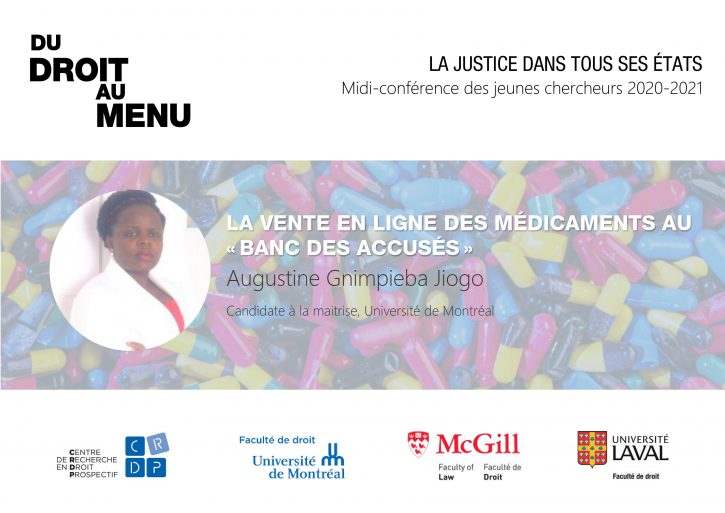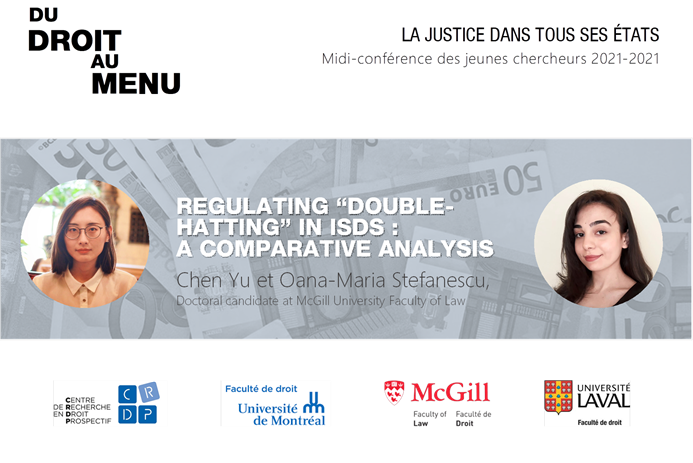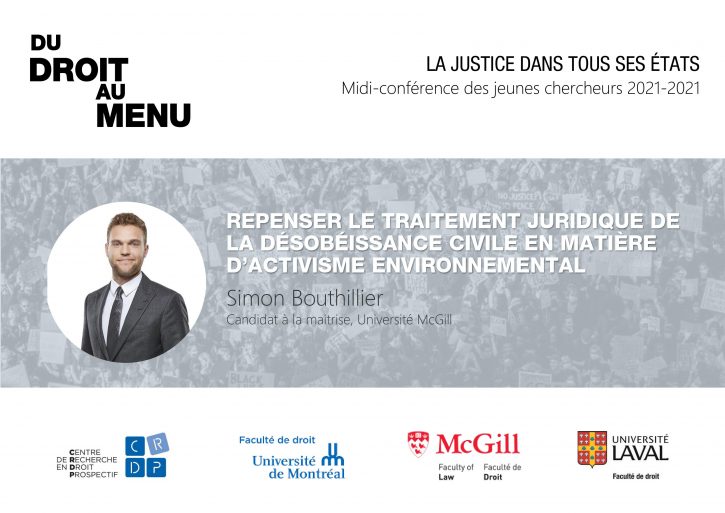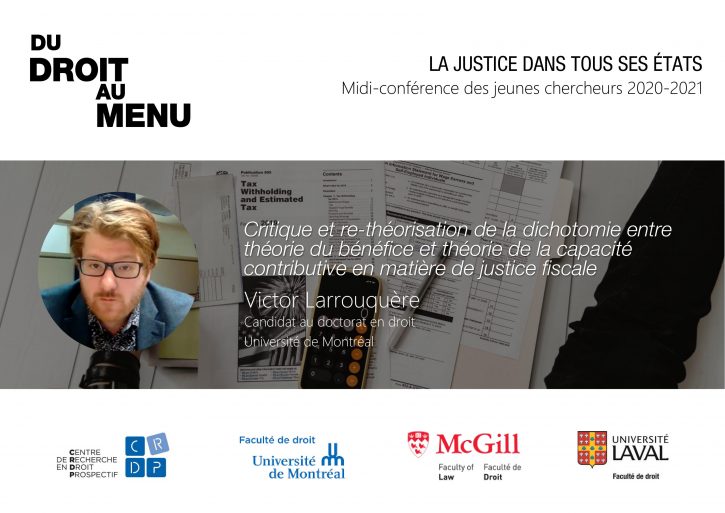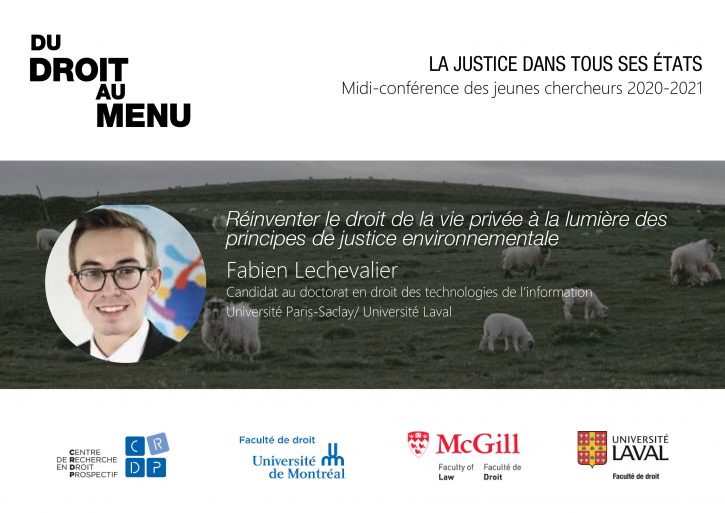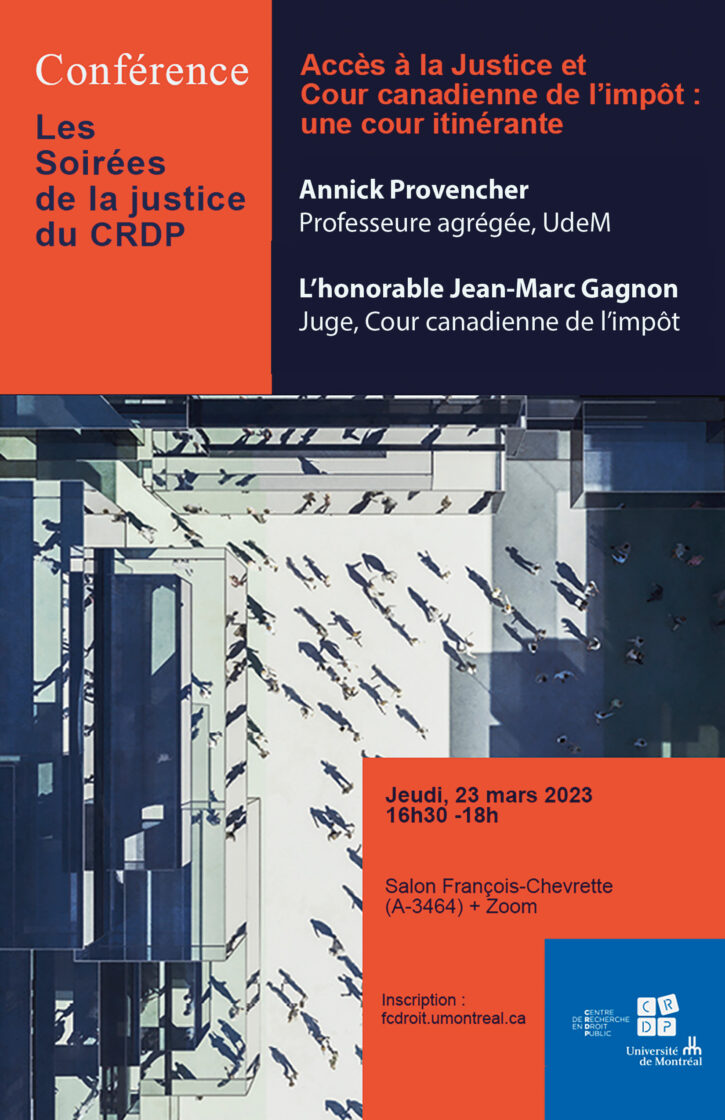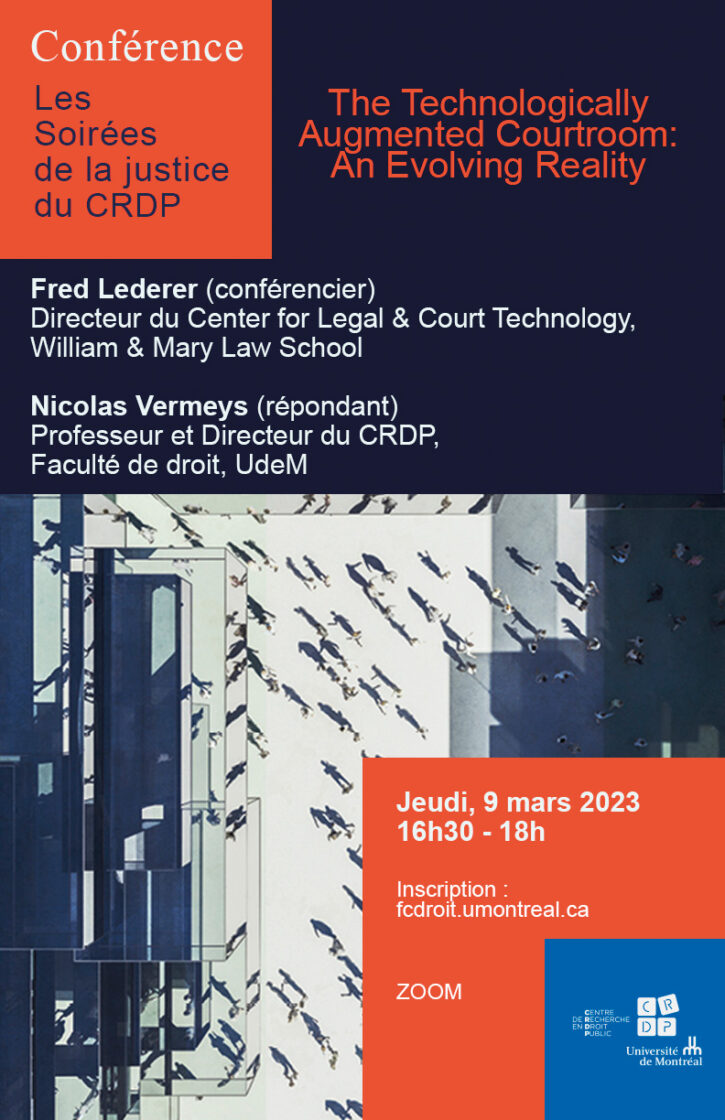Calls to defund, divest, and dismantle prison have been at the forefront of recent #BlackLivesMatter mobilization, overlapping with human rights violations in the pandemic prison as well as a second #MeToo wave in Quebec. This reflects the longstanding tradition of highlighting racial and gendered disparities in law and punishment, both within abolitionist organizing and scholarship. In this paper, I build on these insights to underscore racial and gendered inequalities made possible by correctional law. Focusing on the Loi sur le système correctionnel du Québec, I contrast legal framing of labor and strip searches with practices as reported in women’s jails. I argue that such framing matters in and beyond Quebec due to historically situated consequences on overincarcerated marginalized women, especially Black and Indigenous women of color. I first consider prison labor, linking low wages to cost of life and access to menstrual products in jail, and more widely as historical continuity with racial and gendered exploitation. I then analyze strip searches as an avenue for discriminatory discretion and as state-sanctioned sexual assault. In keeping with abolitionist principles, I conclude by discussing sustainable alternatives to prison labor and strip searches rather than advocating for correctional law reform.
Midis-conférences
Prison Labor & Strip Searches: An Abolitionist Analysis of Quebec Correctional Law & Practice
Midis-conférences des Jeunes Chercheurs du CRDP (2020-2021)
" La justice dans tous ses états "
En ligne
En ligne



